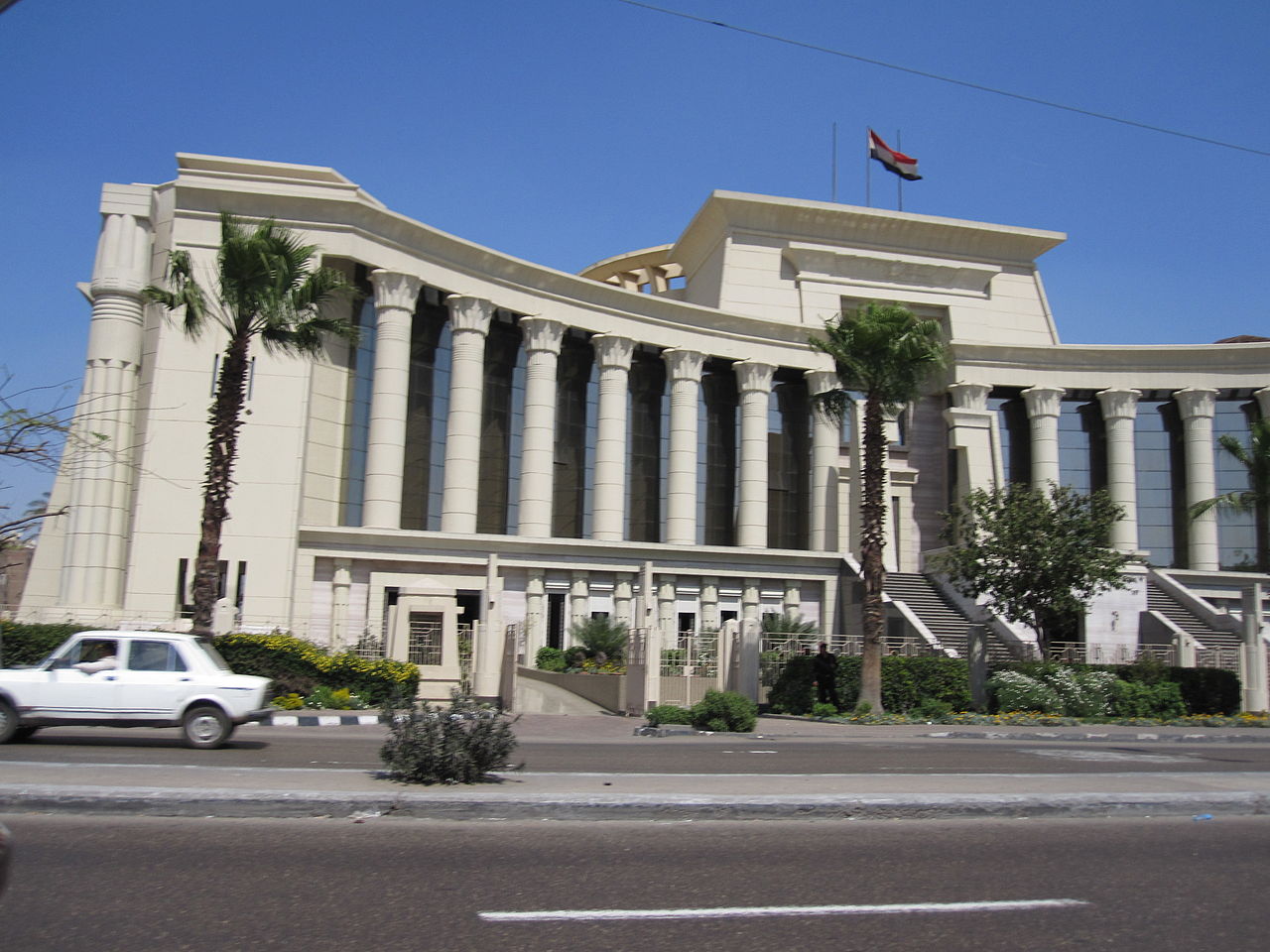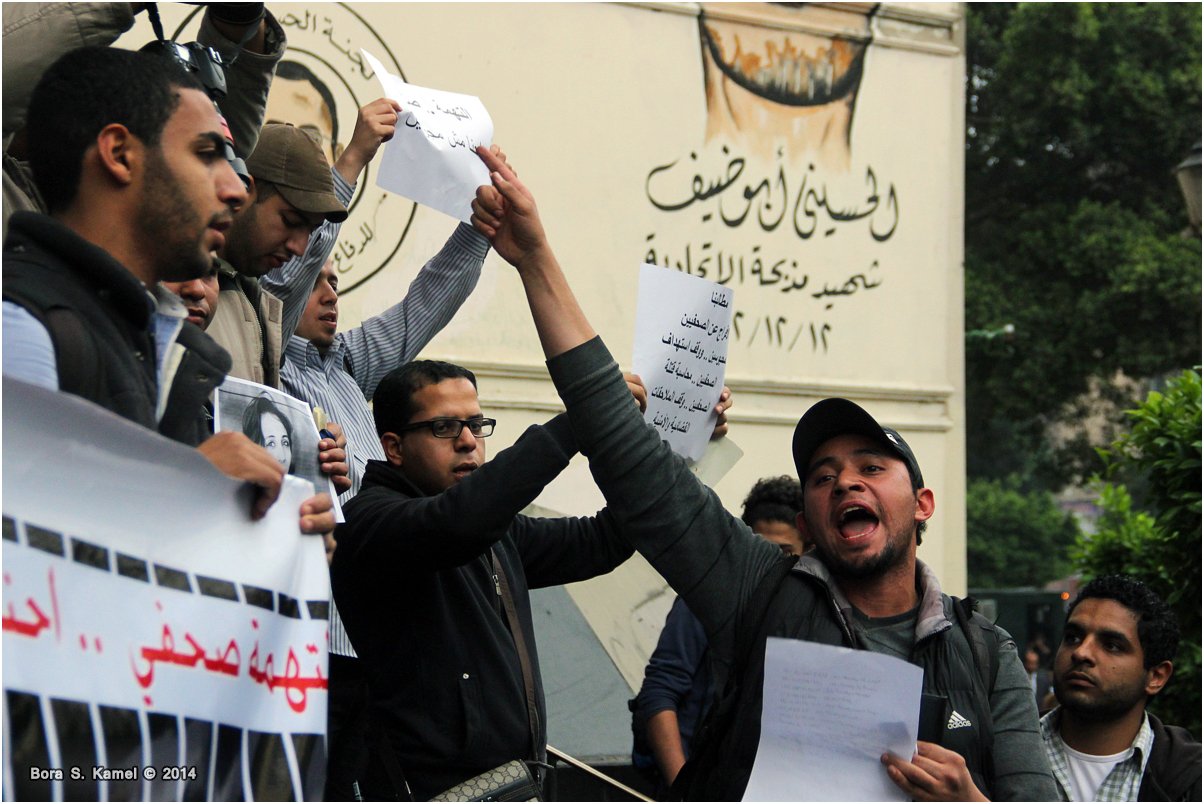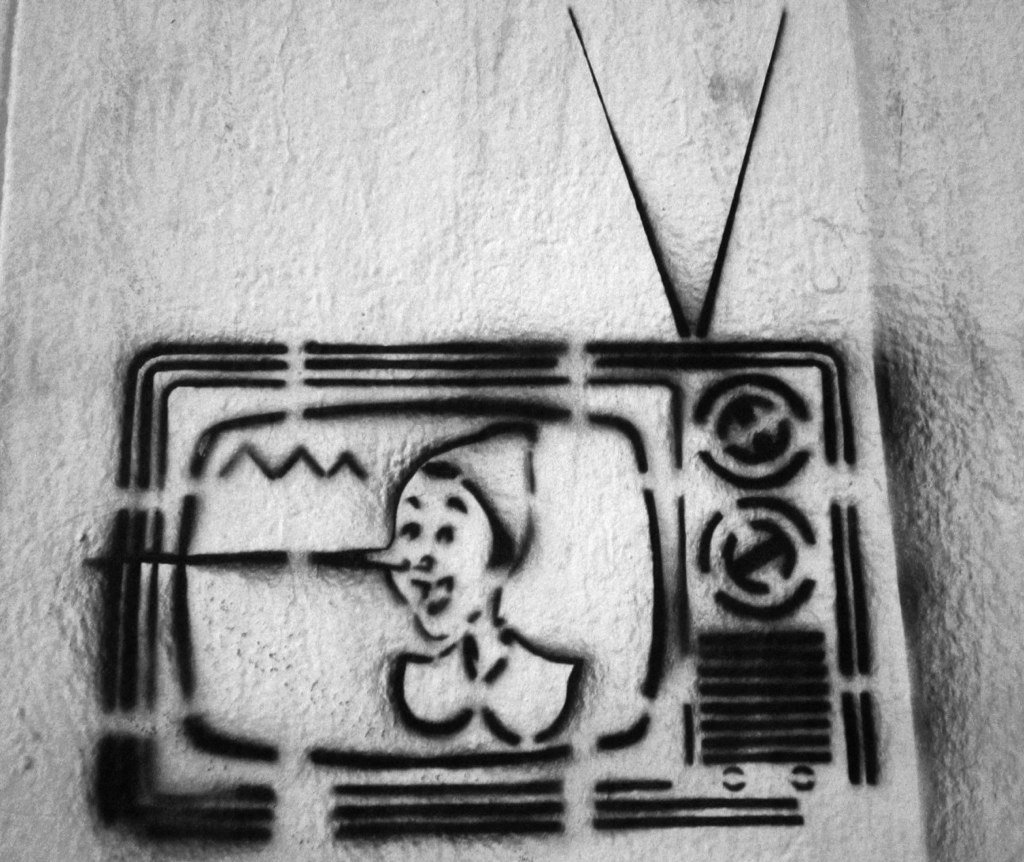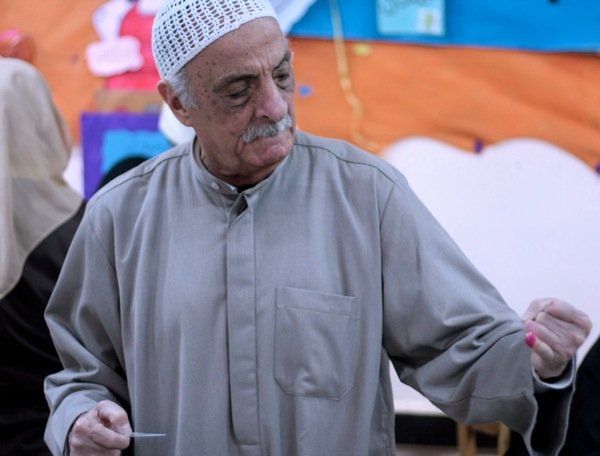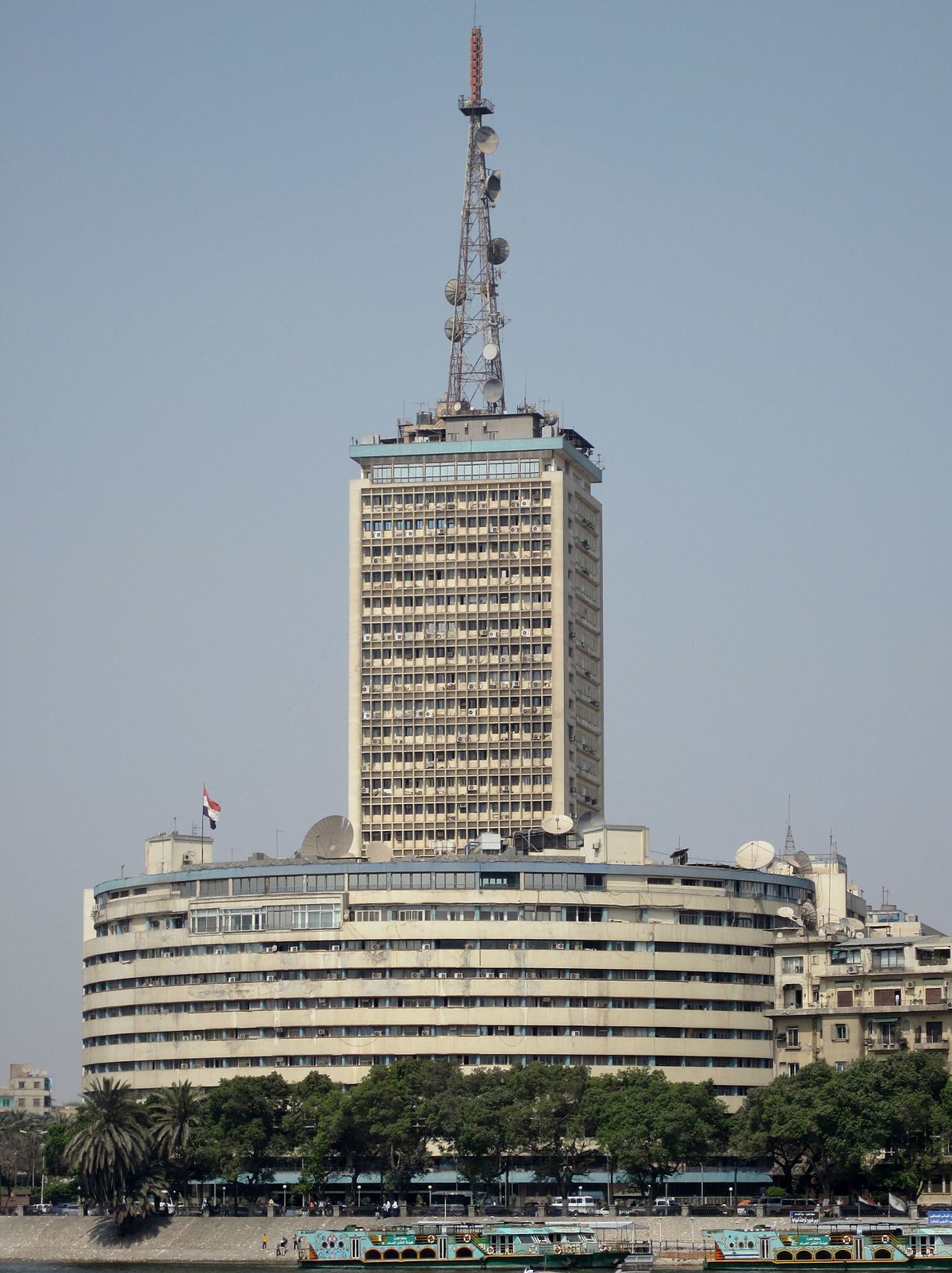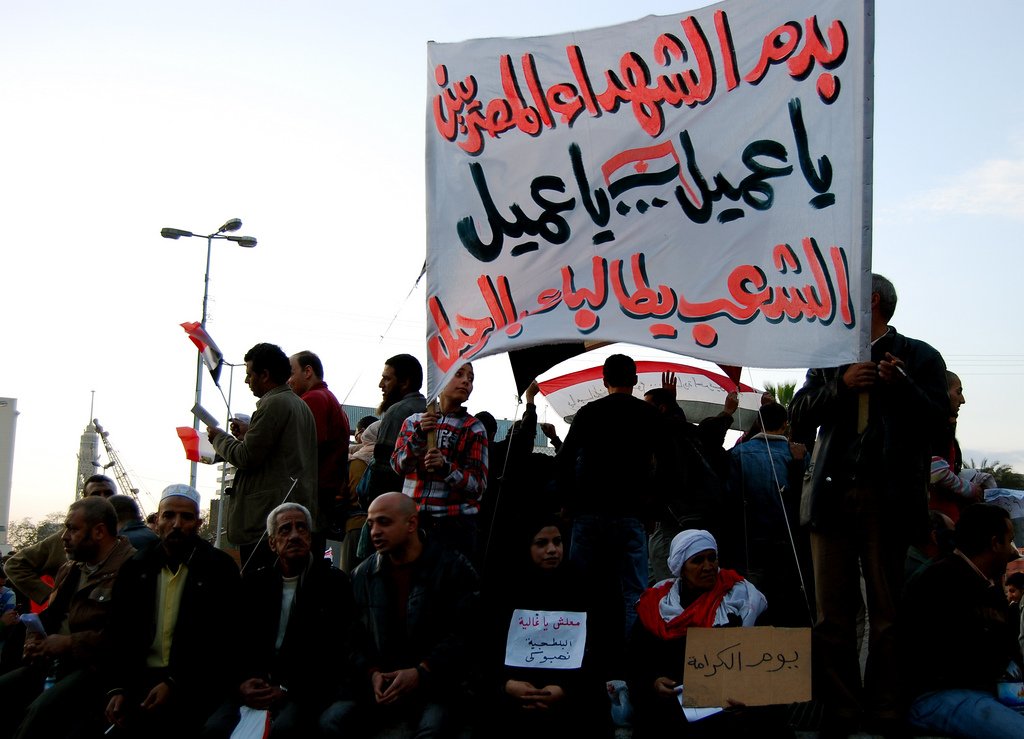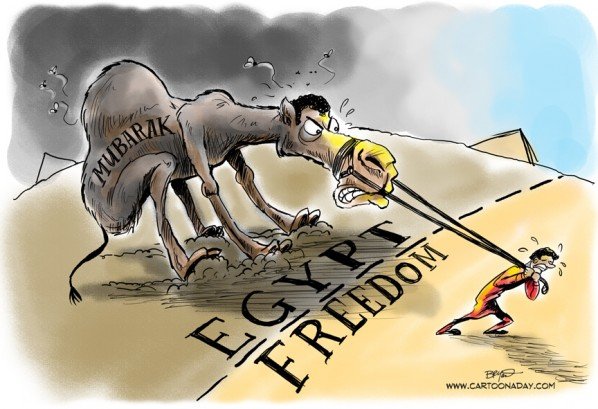“I should not hesitate a moment to prefer the latter.” This was Thomas Jefferson’s decisive answer when asked to choose between “a government without newspapers or newspapers without a government.” Throughout the past four centuries, the universal avowal of democracy and the rule of law have dramatically evolved. As a …
Read More »Egypt
Media Law in Egypt and the Universal Principles of Freedom of Expression
In an effort to elucidate the legal structures governing the media in Egypt, as well as the country's declared obligations according to international law, Mostafa Shaat offers a breakdown of the existing frameworks, highlighting inconsistencies between the legal concept of freedom of the press as delineated in international law and Egypt's national laws. He further discusses some of the current reform efforts underway.
Read More »Media Privatization and the Fate of Social Democracy in Egypt
Nour Halabi asks why the social democratic aims of the January 2011 Revolution have not been advanced in the four years since. Halabi posits that private media ownership structures established during Mubarak's neoliberal economic reform initiative are largely to blame, arguing that despite the popular demands for social justice, the structure of Egyptian commercialized media inhibited the translation of social justice demands into discussions of economic policy.
Read More »Why Egypt needs an Audiovisual Translation Authority
Muhammad Y Gamal makes a compelling case for the establishment of an Egyptian Audiovisual Translation Authority. Laying out a short history of translation in Egypt, Gamal argues that the country has not laid the groundwork to keep up with changing modalities of translation and communication in the information age. This, he argues, is critical for the proper development of several sectors, including education, tourism, entertainment and foreign affairs.
Read More »The Counterrevolution Will Be Televised: Propaganda and Egyptian Television since the Revolution
In a short and critical read, Amr Khalifa draws attention to the Egyptian state’s influence on shaping the narratives propagated by national and local media, particularly television. Using initial coverage of the 2011 Revolution as a jumping off point, Khalifa argues that the same mechanisms for controlling the media have been used and reused by successive governments, and reflects on new limitations on freedom of expression, which he argues are more stringent than those seen under Gamal Abdel Nasser.
Read More »Asleep at the Press: Thoreau, the Nuances of Democracy and Egyptian Revolt
Through the lens of Thoreau’s conception of democracy Matthew Crippen investigates the international media’s framing of Mohamed Morsi’s overthrow in the summer of 2013. He questions why much of the Western media and Al Jazeera adopted the uniform narrative that the ouster was a coup and a travesty of democracy, despite its popular support. Without adjudicating whether or not the overthrow was anti-democratic, Crippen posits that the reasoning undergirding the dominant opinion among media pundits that it was remains questionable.
Read More »Mapping Egypt’s Media: State Influence in a Transforming Landscape
President of the Egyptian Radio and Television Institute Gamal El Shaer presents unique insight into the current Egyptian media landscape. Grounded in historical discussion of the evolution of broadcast, print, and digital media in Egypt, El Shaer offers lucid description and analysis of how we have arrived at the current post-Revolution media environment. This article also tackles some of the challenges currently facing the country’s media in terms of the relationship between the state and the media, ownership structures, research, and professionalism.
Read More »Striving for Excellence in Egyptian Media: Findings from the Egypt Media Forum
The Egyptian American Dialogue Initiative (EADI), in collaboration with George Washington University and Gallup hosted the Egypt Media Forum in Washington, DC from October 1 to 3, 2014. The Forum brought together a group of prominent Egyptian and international experts on media and policy to discuss media sector reform in Egypt. This report, jointly published by Arab Media & Society and EADI, offers a summary of the discussion that took place, as well as key recommendations that emerged.
Read More »The Discourse of Egyptian Slogans: from ‘Long Live Sir’ to ‘Down with the Dictator’
El Mustapha Lahlali investigates the power of political slogans in Egypt. By revisiting the discourse of early 2011 and surgically analyzing the linguistic content of a wide array of slogans, Lahlali offers new insight into the political, social and religious undercurrents that reverberated through the country during this time. Lahlali points to a period characterized by the democratization of discourse, which he argues, disappeared as rapidly as it emerged.
Read More »Mubarak Framed! Humor and Political Activism before and during the Egyptian Revolution
In an entertaining and insightful read, Deepa Anagondahalli and Sahar Khamis delve into the world of Egyptian political humor, unpacking its historical roots and reflecting on its evolution from private banter to public resistance. Focusing on Mubarak’s presidency and subsequent ouster, the authors identify a stark shift from long narrative jokes, to the biting “weaponized” one-liners that emerged in his final days. Humor, they conclude, is a paradoxical yet powerful tool for activism, which despite more recent crackdowns has proven to be a relatively safe platform for dissent.
Read More » Arab Media & Society The Arab Media Hub
Arab Media & Society The Arab Media Hub
